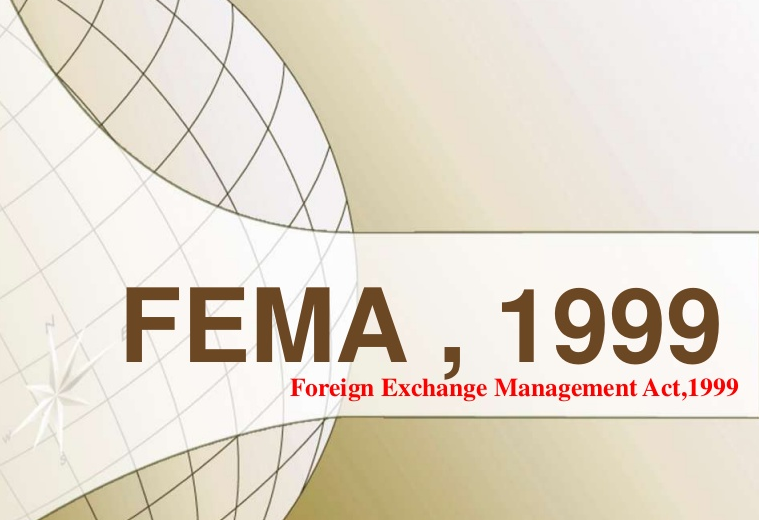Rules by FEMA to purchase a property abroad.
By Abhay Harish Shah, Realty Quarter

The Foreign Exchange Management Act (FEMA) governs the provision for ownership of property outside India by a resident Indian. An Indian citizen may have a real estate overseas, subject to certain terms set out in the Foreign Exchange Management Act (FEMA).
Owning a Property in abroad country:
Without a particular or unique consent from Reserve Bank of India (RBI), FEMA restricts Indian citizens from possessing immovable properties outside of India. This limitation, however, does not apply to two kinds of resident Indians permitted to own a property. The first category is made up of individuals who do live in India but are not Indian nationals and have property outside of India. The second category consists of Indians who purchased the property on or before 8 July 1947.
Fresh purchase of a property by an Indian citizen:
Several categories of individuals have been permitted by the RBI to obtain property outside India. The property may be acquired for an account through a gift or an inheritance or would be purchased for a consideration. All Indians may obtain the estate from an individual who bought it on or before July 8, 1947, either through a gift or as a legacy. In the same way, an individual who has either purchased such assets while he resided outside of India or inherited that estate from a person living outside of India at that moment is also permitted to obtain an immovable property.
Indians are also permitted, to buy immovable property outside India, subject to certain circumstances when paying for the account. The payment can be made from the balance retained on its Resident Foreign Currencies (RFC) account by the Indian resident. An Indian citizen is also permitted to acquire an immovable property of any significance outside India and is subject to the boundaries set out by the Liberalized Remittance Scheme (LRS). The LRS cap of remittance should not exceed USD 2.5 lakhs each year. This restriction applies to all jointly conducted operations, such as foreign education, transport, maintenance of family members outside India, health care expenditures outside India, etc. And also involves the purchase of an immovable property.
Rental and other methods:
A citizen of India is also permitted under a lease to obtain a property outside of India for a duration not exceeding five years. The estate obtained by an individual who lives in India may be gifted to any of his family members including spouse, brother, sister or any lineal ascendant or descendant of the individual. If your situation falls outside of any of the above classifications, an RBI unique authorization can still be used for purchasing a property outside India.
Definition of Indian Resident according to FEMA:
The FEMA definition for a resident is different to the Income Tax Act 1961, where your actual residence status is determined by the period of your actual stay. In the FEMA, the intention to stay is the determining factor. An individual becomes a non-resident on the day he or she leaves for a job, business and for any reason with an aim to live outside India, for an uncertain span of time. Similarly, the individual who goes to India is a citizen, regardless of his citizenship, if an individual comes to India for jobs, business or any other reason and wishes to remain for an uncertain period of time.



















































































